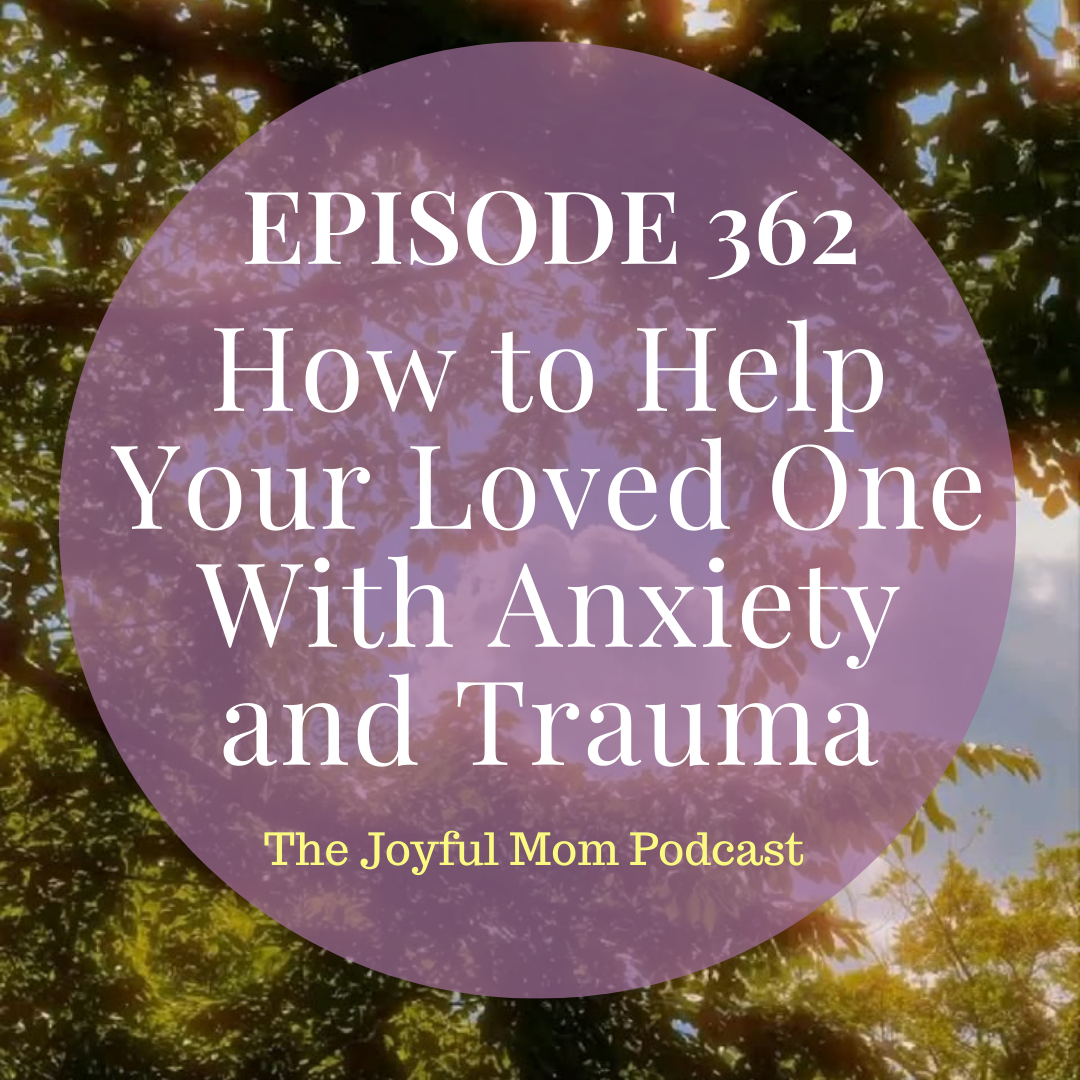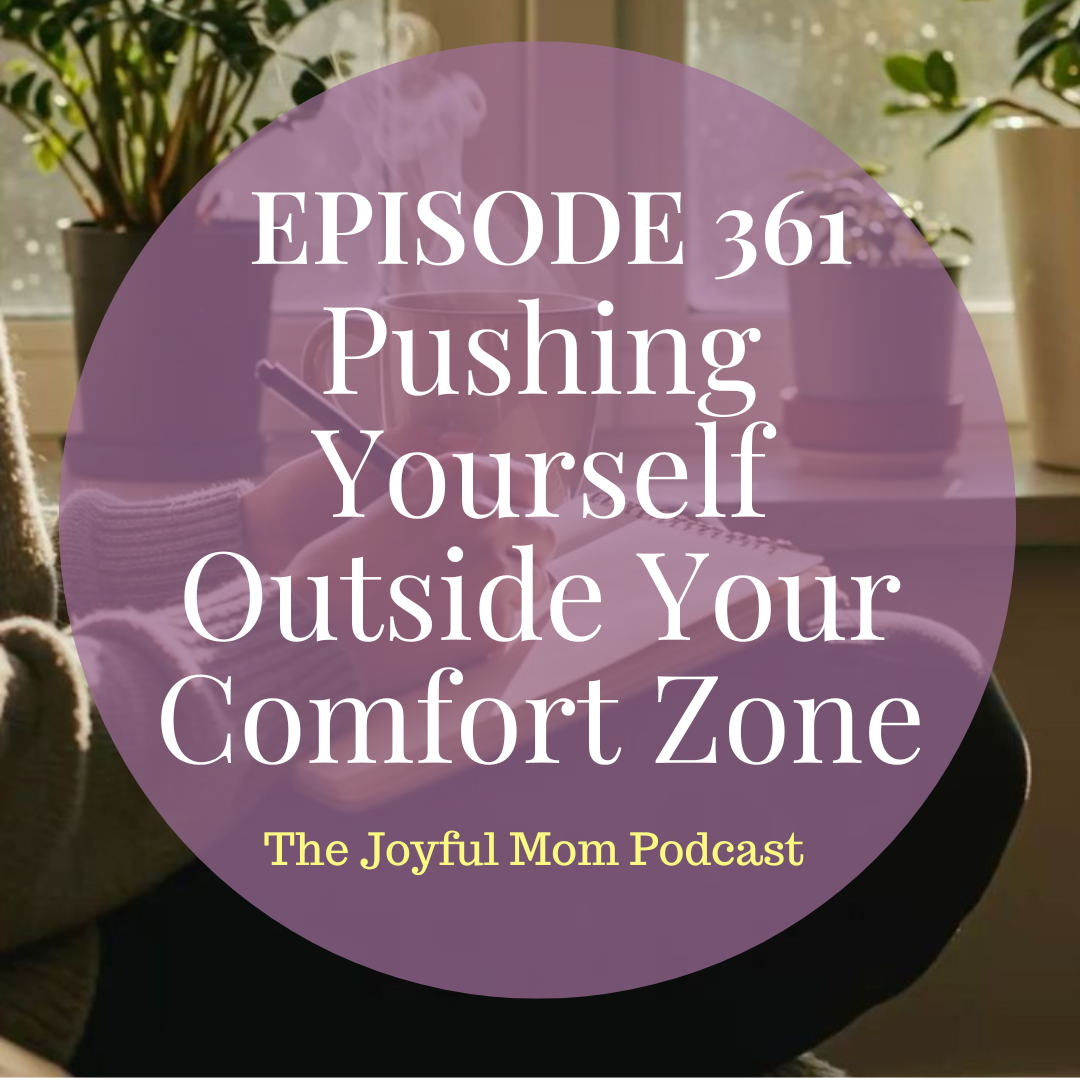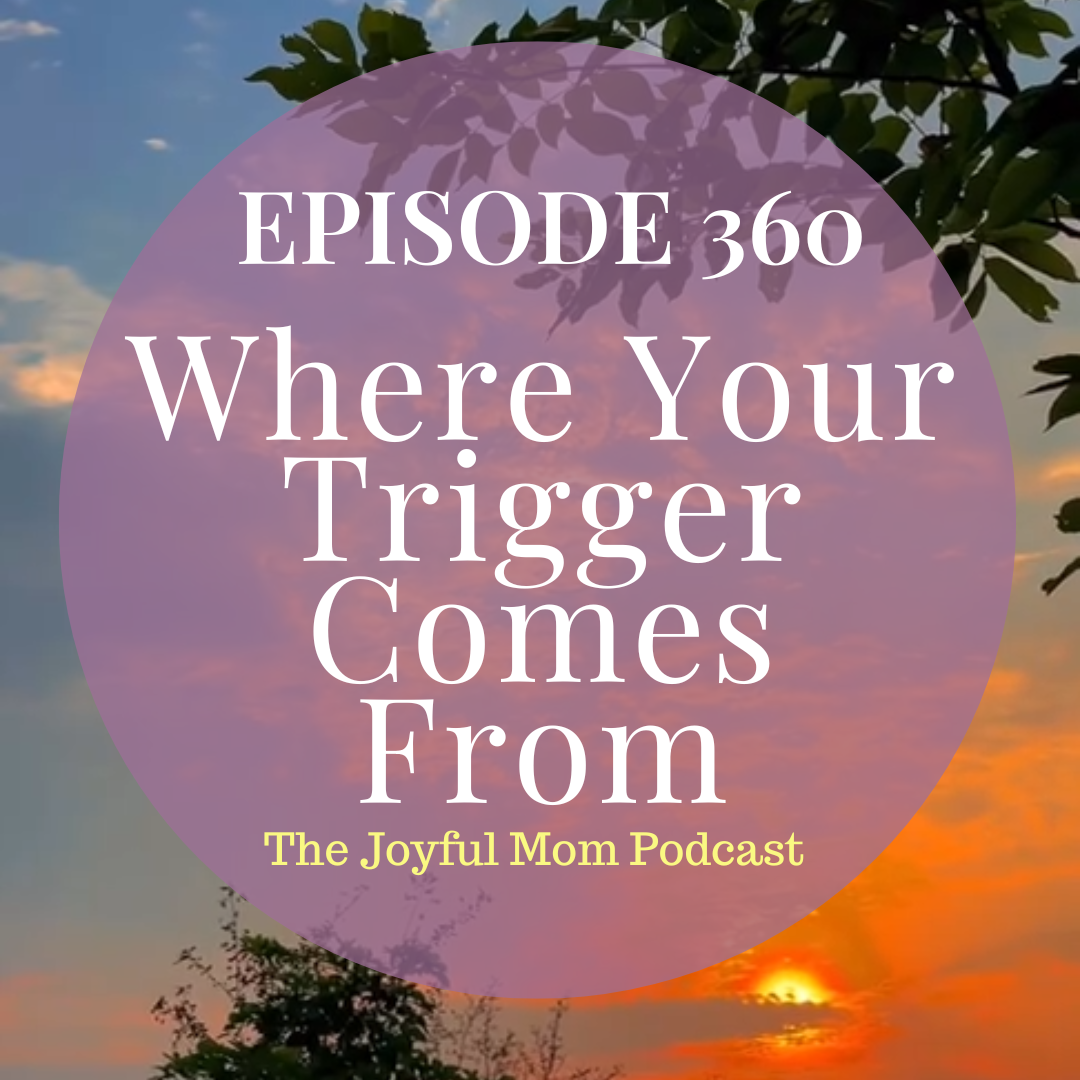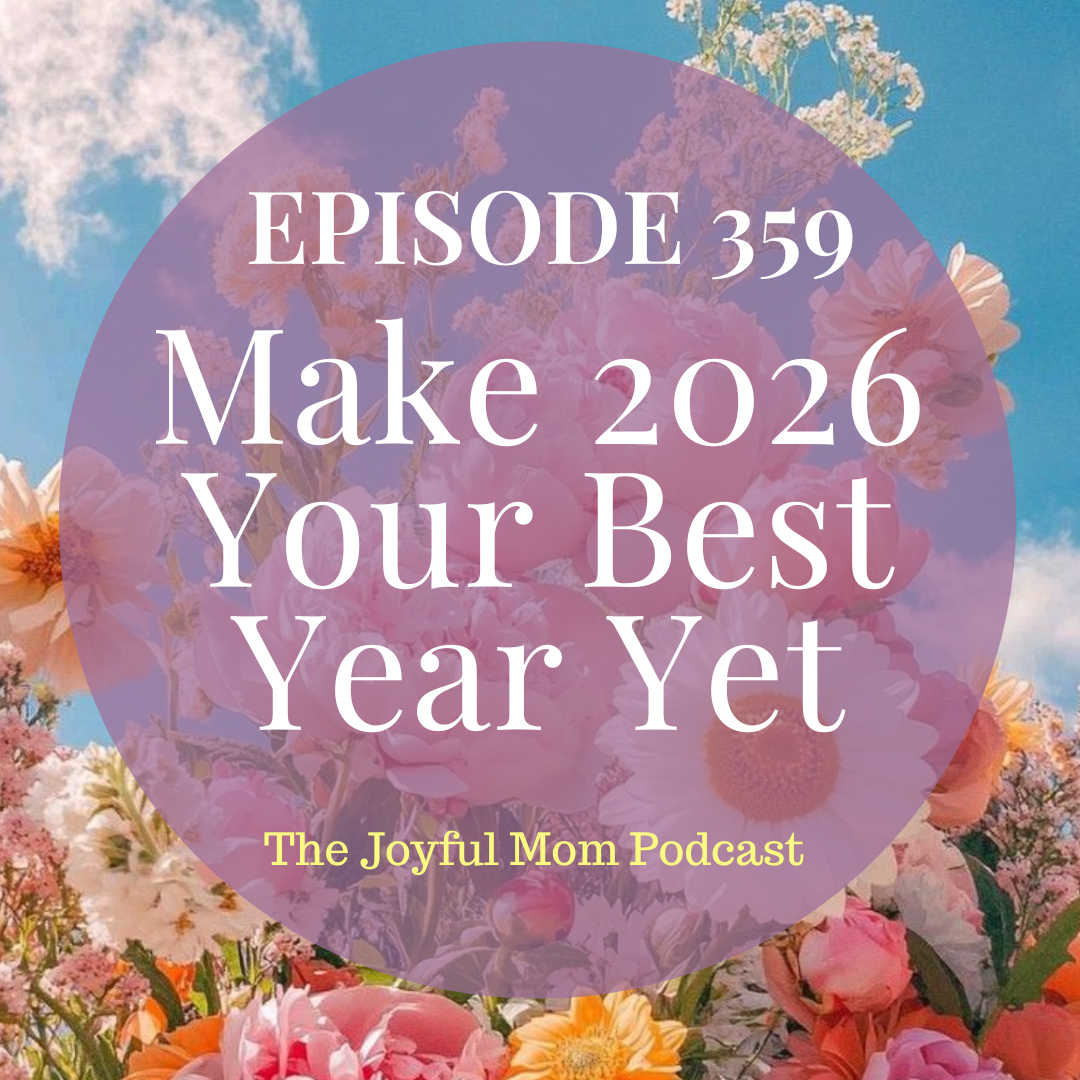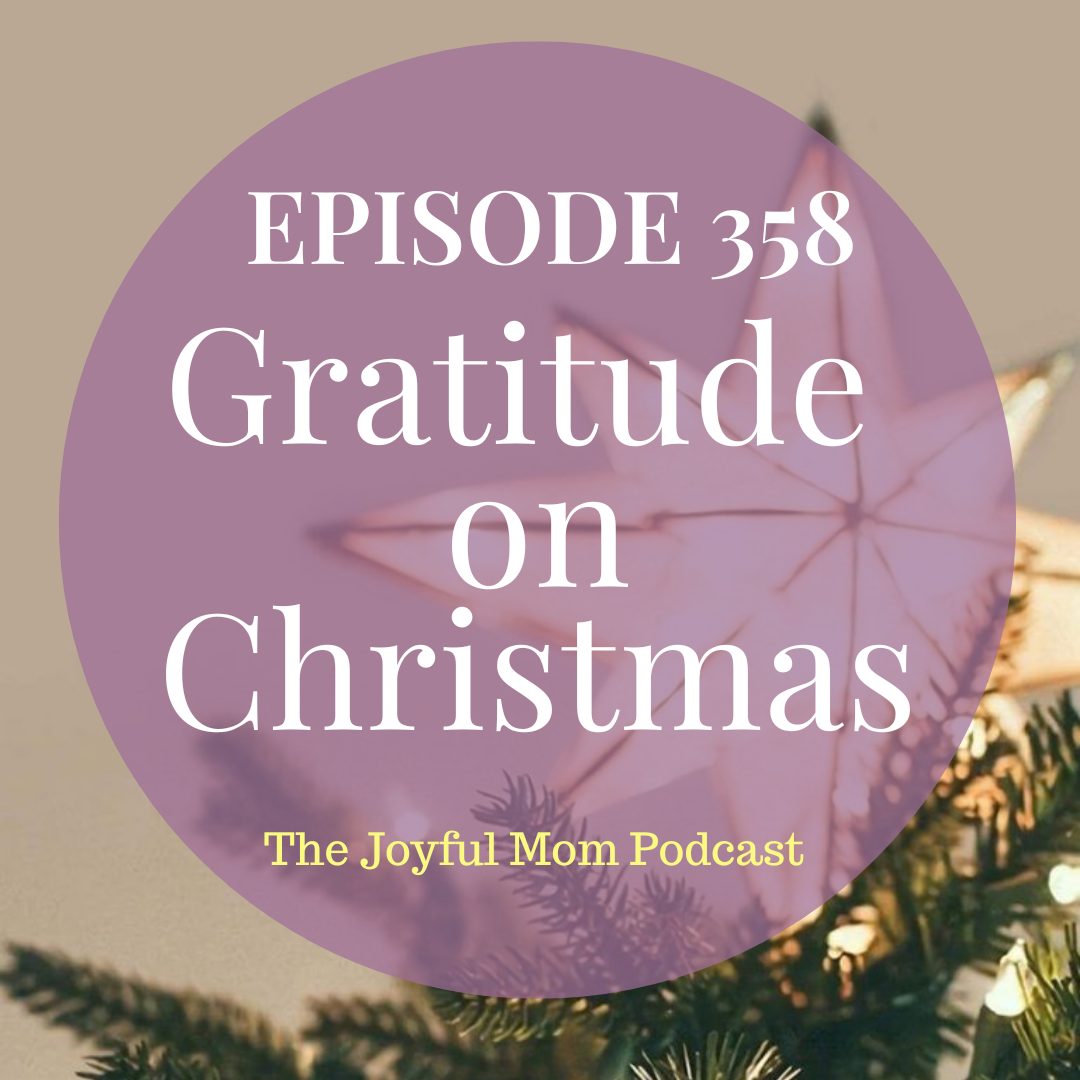How to Help Your Loved One With Anxiety and Trauma
Welcome to the Joyful Mom Podcast!
Loving someone who lives with anxiety and trauma can feel heartbreaking and helpless, especially when you can see how much they are struggling but don’t know how to fix it. In this episode, Megan Hillica speaks to spouses, family members, and friends who are supporting someone with severe anxiety. She explains what’s happening in the brain during triggers and panic, why these reactions feel truly dangerous to the person experiencing them, and why trauma responses are not a choice or a weakness.
Megan also shares how anxiety can slowly shrink a person’s world as more situations begin to feel unsafe, affecting marriages, parenting, and everyday life. She discusses why phrases like “just don’t worry” often make things worse, and how understanding and compassion can help your loved one feel safer and less alone. By reframing anxiety as a nervous-system response rather than a personal failure, she offers a more hopeful and supportive way to look at the struggle.
Finally, Megan addresses the reality that healing cannot be forced—it must be chosen by the person experiencing anxiety. She offers guidance on opening honest, loving conversations, sharing how the situation affects you without blame, and gently encouraging the possibility of healing. This episode reminds listeners that while you can’t do the work for someone else, your empathy, patience, and support truly matter—and that life does not have to remain this hard forever.
If you want to learn more about how you can clear anxiety more automatically by rewiring how the mind is working and processing things, go to my website www.meganhillukka.com where you can click on a link to register for my free training, where I will show you what you need in order to do this.

